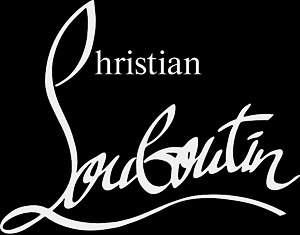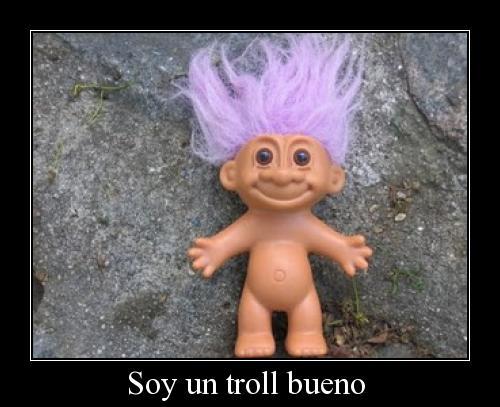 Envision a company who went through all the required procedures as part of an IP strategy, and finally obtained a perfectly lawful trademark which it has properly maintained over the years. Imagine that this trademark owner spent billions of dollars in advertising its mark as part of its brand equity and IP management, and its mark has become widely-known worldwide. Does it seem fair that the government could pass a law which prevents it from using the trademark? Moreover, picture the scenario that the government forces the trademark owner to use instead of its mark, an ugly and distasteful picture, shared by everyone in the same industry, with a requirement that the brand name should appear only in very small print and with no special fonts or features. Could such apparently harsh undermining of one’s lawfully-obtained trademark pass as legal?
Envision a company who went through all the required procedures as part of an IP strategy, and finally obtained a perfectly lawful trademark which it has properly maintained over the years. Imagine that this trademark owner spent billions of dollars in advertising its mark as part of its brand equity and IP management, and its mark has become widely-known worldwide. Does it seem fair that the government could pass a law which prevents it from using the trademark? Moreover, picture the scenario that the government forces the trademark owner to use instead of its mark, an ugly and distasteful picture, shared by everyone in the same industry, with a requirement that the brand name should appear only in very small print and with no special fonts or features. Could such apparently harsh undermining of one’s lawfully-obtained trademark pass as legal?
The Australian Supreme Court in a historically-unparalleled decision, answered yes to this question recently, and ruled against the multinational tobacco companies who sought to block Tobacco Plain Packaging Act 2011, Australia’s tough cigarette-labeling legislation, which in effect substantially reduces the value of their trademarks in Australia. The court ruled that said legislation was constitutional, and did not violate the rights of the big tobacco companies; however, it will release its reasoning behind the decision only later this year.
Based on this decision (which may be followed in other countries as well) as of December of this year, tobacco companies may no longer display their distinctive colors, logos, and designs on their cigarette packages in Australia – effectively eroding their IP strategy. As a means to deter Australians from smoking, these companies are forced instead, to use uniform olive green packages that feature health warning, and repugnant images of cancer-riddled mouths, blinded eyeballs, and sickly children.
British American Tobacco, Philip Morris International, Imperial Tobacco, and Japan Tobacco International, challenged the new laws, alleging that they violate their intellectual property rights and devalue their trademarks in order to salvage their long-standing, IP management initiatives. Further, the cigarette companies raised the argument that the government would unfairly benefit from this law by using cigarette packs as a stage for advancement of its own campaign, without providing compensation to the tobacco companies.
In addition, although the cigarette companies are worried about a potential global domino effect of this law as a precedent, it is noteworthy that the trademark laws may differ in each country, and more importantly similar rulings may be unconstitutional in many other countries. For example, in the US, the tobacco companies may rely on the first amendment protection and their freedom of expression. However, since this right is not absolute, if the US government wished to pursue such a campaign against smoking, it might be able to overcome such protection legally by proving that such steps are necessary to protect the health of the public.
According to the Australian constitution, property of others may be acquired by the government only on “just terms.” While the court’s reasoning is not yet provided, according to the Australian government, cigarettes have killed an estimated 900,000 Australians over six decades. An attempt to save the lives of its citizens from a serious threat is highly likely to satisfy a “just term” requirement in this case.
While agreeing to the fact that the law passed the constitutional test, British American Tobacco spokesman Scott McIntyre expressed his disappointment and stated that “it’s still a bad law that will only benefit organized crime groups which sell illegal tobacco on our streets.” It is certainly foreseeable that the cigarette black market could grow, since it is much easier to copy the cigarette packs that all look the same. However, Australia’s health minister dismissed such worries and stated that other measures to prevent counterfeiting, such as the use of alphanumeric codes on legitimate cigarette packs would alleviate this problem.
The tobacco companies will surely pursue other means to recoup their loss in brand and IP management, such as through the World Trade Organization (WTO). Philip Morris stated that it would continue to seek compensation through the terms of a bilateral investment treaty between Australia and Hong Kong.
In a “request for consultations” (the first step in the dispute filed at the WTO), Ukraine has claimed that Australia’s said measures appear to be inconsistent with a number of Australia’s obligations under the TRIPS Agreement, the TBT (Technical Barriers to Trade) Agreement, and GATT 1994. Ukraine has argued, inter alia, that such measures:
- fail to accord effective protection of the trademark “as is,”
- constitute an unjustifiable encumbrance on the use of trademarks,
- prevent the normal exploitation and thus the enjoyment of the patent rights for tobacco products in a manner that discriminates based on the field of technology, and
- constitute an unnecessary obstacle to trade and are more trade restrictive than necessary to achieve the stated health objectives.
Interestingly, Ukraine has no significant direct trade with Australia. However, some of the large tobacco companies employ a large number of Ukrainians in their regional factories.
Clearly, such disputes will aggressively continue for a long time, and depending on the details of the terms of these agreements and the strength of the arguments on each side, the tobacco companies may be able to recoup some compensation for the effective loss of IP strategy through their diminished trademarks’ value and/or for the government benefiting from the space they freely use on the packages.
However, the underlying question regarding the basic rights of a trademark owner can be assessed in a brief analysis of the relevant intellectual property laws. One of the main questions before the court was whether a trademark automatically provides the owner the right to use it, or whether it merely grants the proprietor the right to exclude others from using it without the owner’s authorization.












